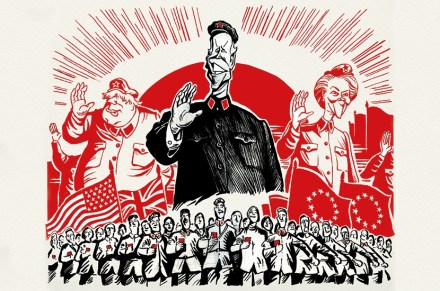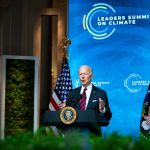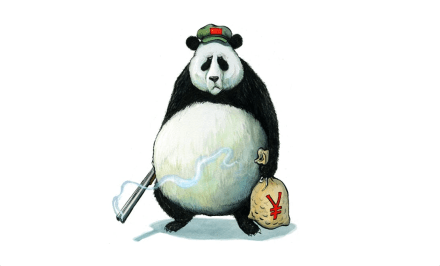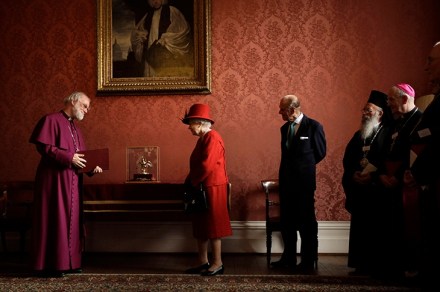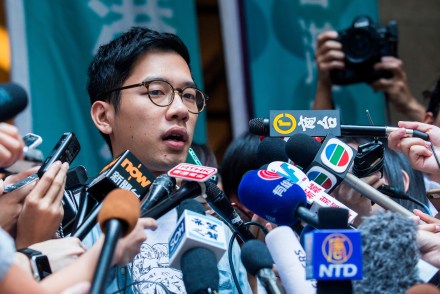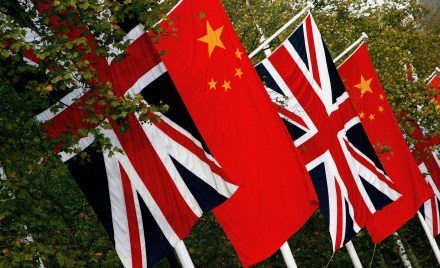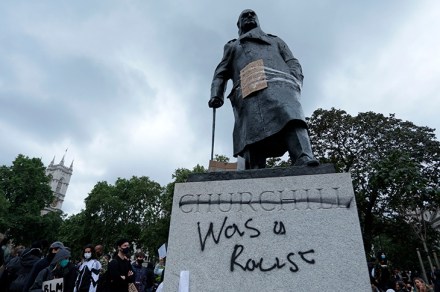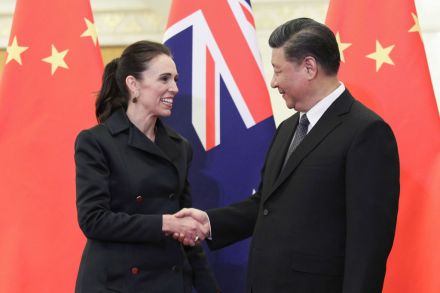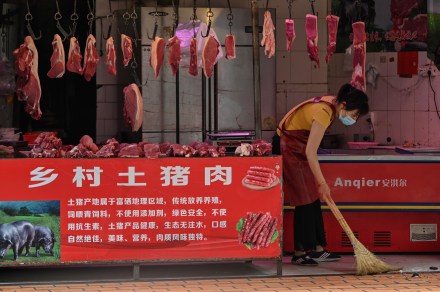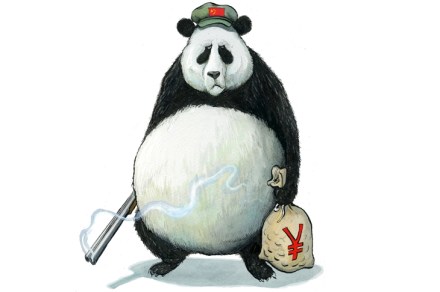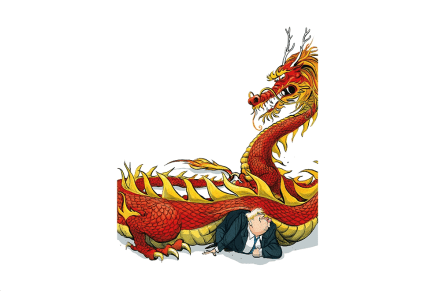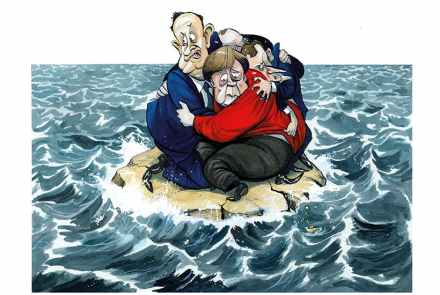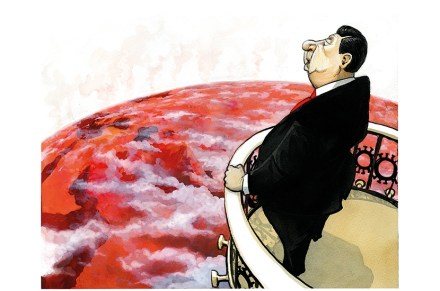The China model: why is the West imitating Beijing?
‘There’s an osmosis in war, call it what you will, but the victors always tend to assume the… the, eh, trappings of the loser,’ says one of the officers in Norman Mailer’s The Naked and the Dead. ‘We might easily go fascist after we win.’ Americans have long been haunted by the notion of the osmosis of war. Throughout the First Cold War, a recurrent theme of liberal and conservative commentary was that there was a kind of convergence taking place, causing the United States to resemble — at least in some respects — its Soviet antagonist. That all nuclear superpowers would end up as slave states had been George
